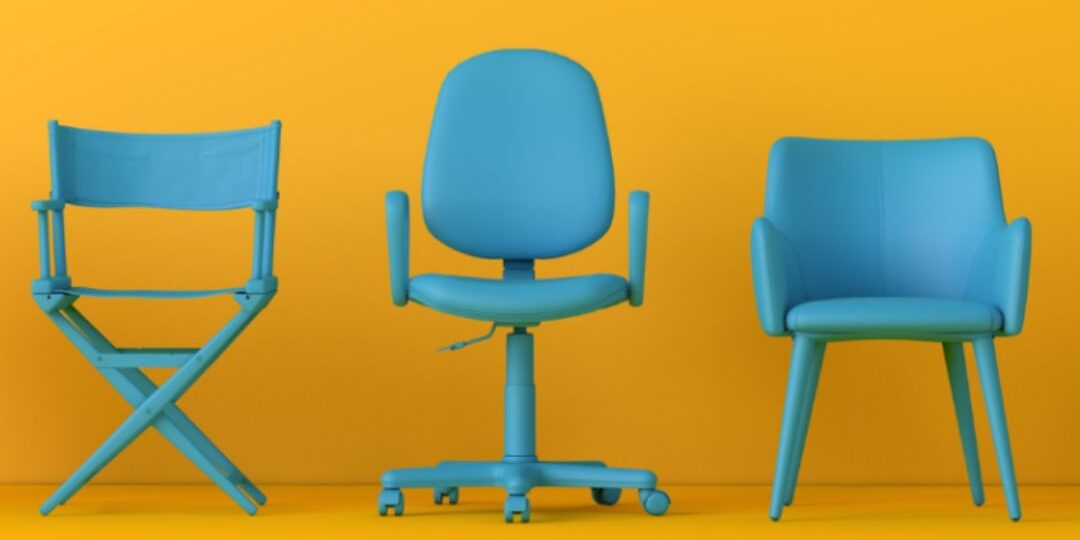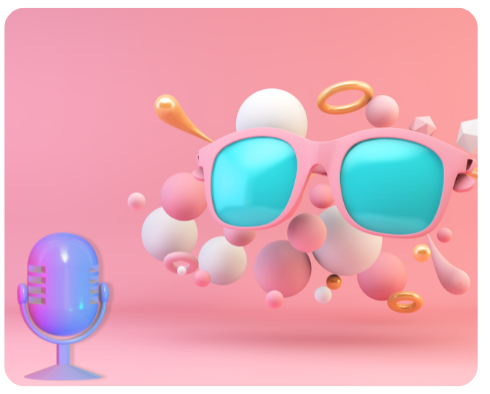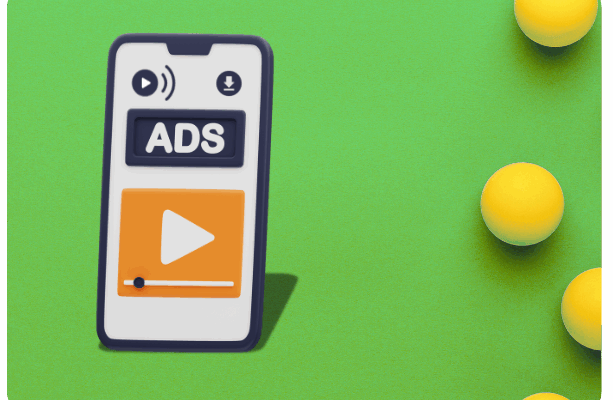
YouTube and Shopify Partnership: Will it Deliver?
In 2022, the Spotify and YouTube Partnership aimed at empowering content creators by allowing them to search and tag select brands in their videos. While the concept was intriguing, it was limited, offering access to only a few hundred brands. Now, in 2024, the partnership is expanding, opening the doors to thousands of brands. This ambitious push is clearly designed to compete with TikTok Shop, but will it truly deliver the benefits it promises?
The Pros: A Mixed Bag of Benefits
On the surface, this expanded collaboration between YouTube and Shopify offers some apparent advantages:
- Potential for Scalability: Shopify’s involvement theoretically simplifies the process of scaling partnerships across platforms. The platform handles the creation of tracking URLs and discount codes, manages product shipments to creators, and assists brands in discovering new talent. But, the extent to which this automation truly benefits all parties is still up for debate.
- Creator Flexibility: YouTubers now have the freedom to tag a wider range of products in their videos without needing to secure individual deals. However, this freedom comes with the risk of diluting the authenticity of content, as creators might be tempted to tag products indiscriminately.
- YouTube’s Search Power: Partnering with YouTube gives brands access to the world’s second-largest search engine, potentially boosting product discoverability. Yet, this advantage may not translate into meaningful engagement or conversions if the content doesn’t resonate with viewers.
- Predictable Revenue for Brands? The affiliate model offers brands a way to track their spending with a clear cost-per-acquisition (CPA) and return on investment (ROI). However, this predictability could come at the expense of quality, as brands have little control over how their products are presented.
The Cons: Significant Challenges Loom
Despite these potential benefits, several significant drawbacks need to be considered:
Brand Safety Concerns: The open nature of this system raises serious issues around brand safety. Brands have minimal control over which videos their products are featured in, how long they appear on screen, or the context in which they are used. This lack of oversight can lead to unpredictable results and potential brand damage.
Quality Control Issues: With little to no control over content, brands are at the mercy of creators when it comes to how their products are portrayed. This can lead to inconsistent representation, which might harm the brand’s image and effectiveness in driving sales.
Uncertain Creator Earnings: There’s also considerable uncertainty about whether creators will actually benefit financially from a Spotify and YouTube partnership. Traditional sponsorships typically offer guaranteed flat fees, while commission-based models rely on creators driving significant return on ad spend (ROAS). This model may not provide consistent income, particularly for creators who cannot achieve the required level of sales.
Elsie’s Take: Human Connection Can’t Be Automated
"Don’t get me wrong, I love tech that makes my job easier, But marketplaces like these are a dime a dozen in the influencer/video content industry and none of them have ever broken through to become the dominant platform for successful partnerships for brands and creators alike.
In an earlier post we shared our stance on AI. AI is something that can never replicate or replace the very human nature of our industry. Sure, AI can assess a creator’s content and match a shaving brand with a creator who cuts hair and does tutorials. But on its own these marketplaces will not inspire creators to be enthusiastic about their brand partners. What makes that razor special? Maybe because its handle is engineered using nano tech used on aerospace parts. Why is this coffee maker so special compared to others? Only the creator can taste the smooth, grit free flavor of the beans. No amount of automation can replace the desire - and instinct - for human connection.
My take? Brands and creators will always need to remain in close contact to ensure creators get paid for the awesome content they make and that the audience gets a real, authentic explanation of what the product is and why they’re seeing it."
Elsie Bernaiche is VP of Partnerships at ADOPTER Media, she also happens to be one of the top YouTube buyers in the world!
ADOPTER Media
We believe in data-driven results and are dedicated to helping everyone make better decisions and advance their work using a platform trusted by Fortune 500 companies and beloved regional brands alike. Have a question about podcast advertising or YouTube sponosrship? Connect with us and we will be happy to help!


